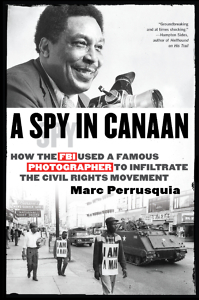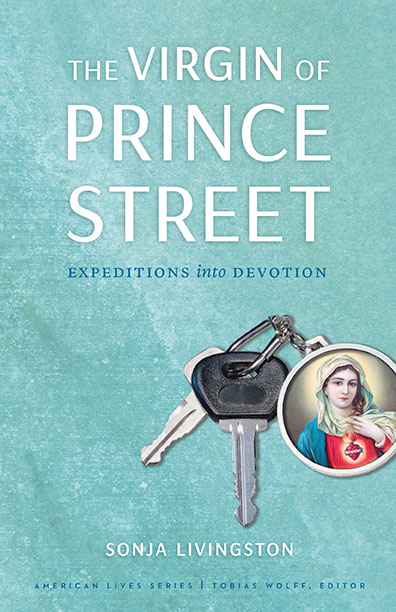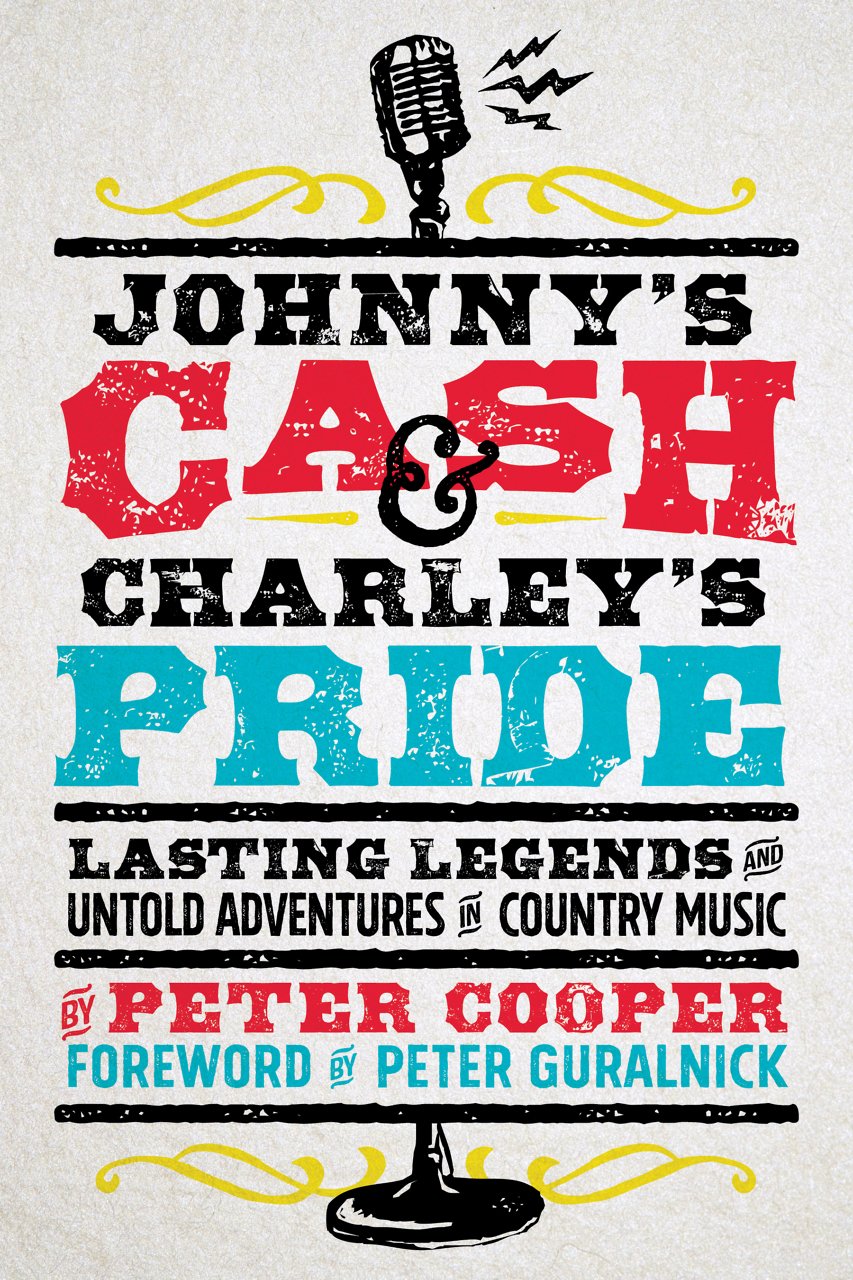J. Edgar Hoover’s Man in Memphis
Marc Perrusquia’s new book considers the double life of Memphis photographer Ernest Withers
The life and times of Ernest Withers—World War II veteran and renowned civil-rights-era photographer—amounted to an enormously compelling story long before 2010, when journalist Marc Perrusquia published his first bombshell investigative piece about the secret life of one of Memphis’s beloved native sons. Unbelievably, Withers had been a paid informant for the FBI’s notorious and now-defunct domestic counterintelligence program, or COINTELPRO, for as many as eighteen years.

In A Spy in Canaan: How the FBI Used a Famous Photographer to Infiltrate the Civil Rights Movement, Perrusquia chronicles both Withers’s life as a double agent and his own journey of discovery. The result is an improbable and frequently jaw-dropping tale. Withers’s personal biography intersects a staggering cross-section of Memphis—and American—history. His father, Earl, benefited from the patronage of Edward “Boss” Crump, the notoriously corrupt Memphis mayor. Withers himself was one of the first African-American Memphis police officers. Through his photography, he was acquainted with countless notable figures: Negro League baseball players like Satchel Paige and Roy Campanella, famous musicians like B.B. King and Elvis Presley, civil-rights icons like Martin Luther King Jr. Withers was the first black man to ride the newly integrated Montgomery buses. He dined at Jimmy Carter’s White House.
All the while, he was living a second, secret life. Perrusquia first began to shake loose the details of the clandestine existence in 1997 when a retired agent revealed, off the record, that Withers had been a paid informant for the FBI during the highly controversial era of domestic surveillance. “Stymied by the courts, which had limited Hoover’s efforts to prosecute and blacklist suspected subversives, the agency undertook secretive, at times illegal, efforts to undermine activists extrajudicially,” Perrusquia writes.
In his view, the FBI didn’t target civil-rights activists and organizations because the agency opposed civil rights. It targeted civil-rights activists out of fear of Communist infiltration and distrust of the movement’s opposition to the Vietnam War. The result was a domestic spying program that had a drastically chilling effect on free speech, political activism, and other constitutionally protected rights. COINTELPRO was officially dismantled in 1976.
 At the height of Memphis’s civil-rights unrest, Perrusquia writes, the agency “needed someone to connect the dots. Who was who? Who knew who? Who was related by blood? Who worked together, and on which causes?” Withers, a consummate insider, was their man: “Everybody knew him,” Perrusquia writes: “A former cop who’d walked a beat on Beale Street and who now ran a popular photography studio there.” He was also a freelancer for Jet magazine, which Perrusquia calls “the pocket-sized ‘Bible’ of black America.”
At the height of Memphis’s civil-rights unrest, Perrusquia writes, the agency “needed someone to connect the dots. Who was who? Who knew who? Who was related by blood? Who worked together, and on which causes?” Withers, a consummate insider, was their man: “Everybody knew him,” Perrusquia writes: “A former cop who’d walked a beat on Beale Street and who now ran a popular photography studio there.” He was also a freelancer for Jet magazine, which Perrusquia calls “the pocket-sized ‘Bible’ of black America.”
A Spy in Canaan is more than just an eye-popping tale of intrigue. Perrusquia has no wish to spoil the legend of a local hero. Instead, he writes, this story “opens a window into a dark, injurious period. We know the macro, the sweeping, big picture of our government’s spying on Americans. But we know so little of the micro, the intricacies of how authorities induced or compelled individuals to inform on their fellow citizens. Even now, fifty years later, restrictive laws make those types of details elusive.”
As for Withers’s own motives in spying on his community, nobody knows for sure, writes Perrusquia. “Was it the cash? Or maybe patriotism? A World War II veteran, he was ten to twenty years older than many activists in the movement—a conservative, really—and he wasn’t sold on the more militant stuff, the marching in the streets, the confrontations. Or maybe it was his long desire to be a cop again. A decade after the civil rights era waned, he would become a policeman again, a gun-toting liquor agent for the state of Tennessee, a job he thought would finally bring financial security.”
Whatever Withers’s reasons, A Spy in Canaan is a riveting glimpse into Memphis history. The book recounts the origins of the city’s racial unrest and outlines its incontrovertible victimization of the black community. It offers both specific and atmospheric background to the sanitation strike of 1968 and the assassination of Martin Luther King Jr. Perrusquia’s account also clears much brush from the direct path between what many Memphians would prefer to regard as ancient history and the social and economic problems which persist there today. The book is part social history, part scintillating biography, and part investigative-journalism procedural—and an all-around rousing read.

Kathryn Justice Leache lives Memphis, her hometown. Her life among books has included work as a librarian and stints as a bookseller at Square Books and The Booksellers at Laurelwood. She is currently a bookseller at Novel, an independent bookstore in Memphis.


